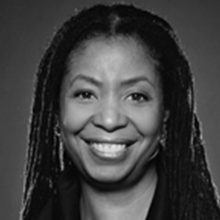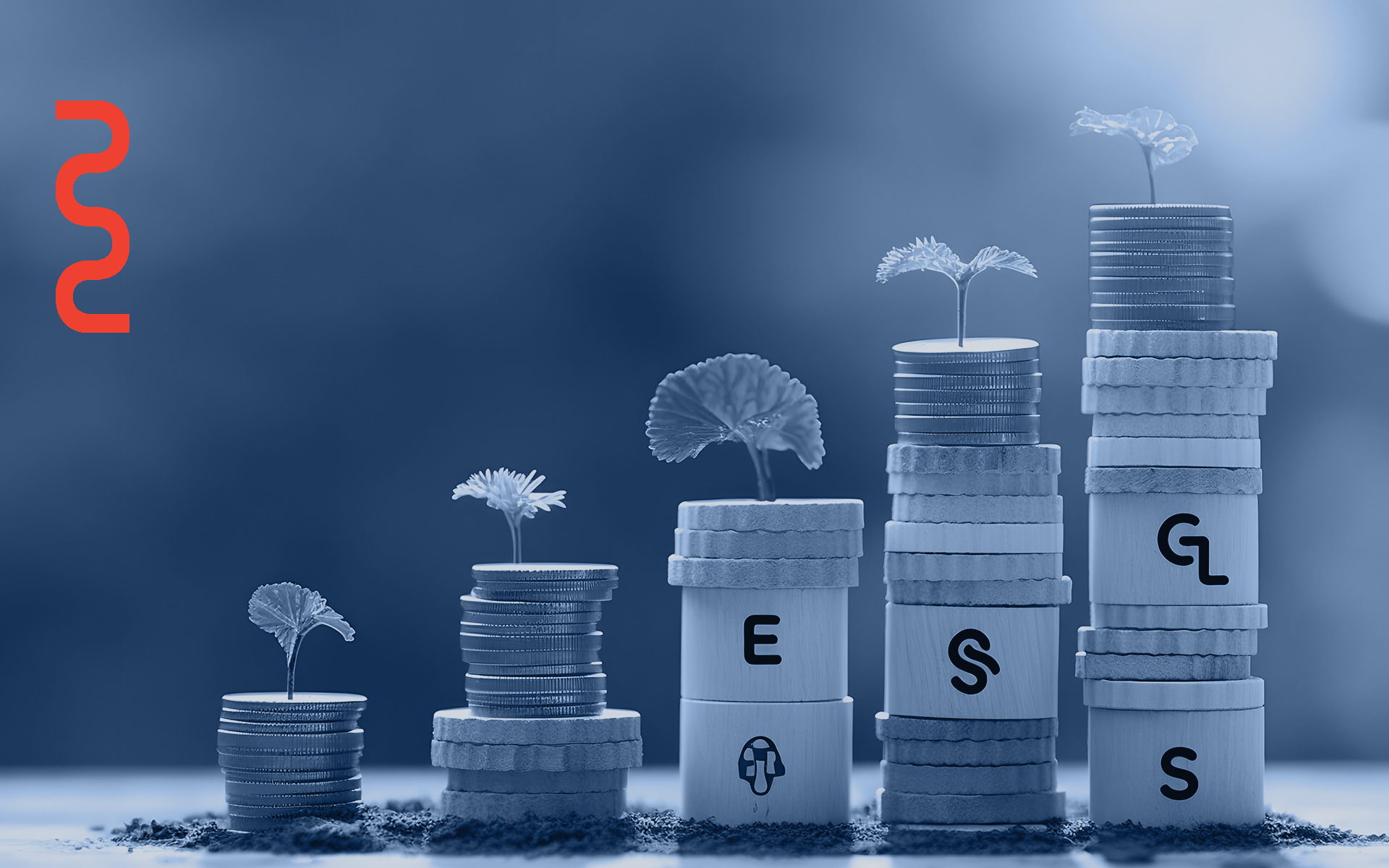Authenticity at work isn’t only about individual identity within an organization—it’s connected to the organization’s own integrity, including policies on equity, diversity, and inclusion. As workplaces have changed over the past 20 years of technological connectivity and global enterprise, the value of authenticity for employees, customers and clients, and management has increased, especially as it relates to a diversity of people and innovative ideas suited to today’s world.
Subscribe:
On this episode of the Delve podcast, Desautels Faculty of Management Professor Patricia Hewlin discusses her extensive research on the degrees of authenticity at work, how supplier diversity makes an impact on organizations’ goals for equity, diversity and inclusion, and what businesses and other organizations can learn from non-Western nations’ relational approach to authenticity.
“Authenticity is really the degree to which people are consistent in their behaviors, with their beliefs, values and internal experiences,” Hewlin explains. “So the degree to which I’m authentic is really the degree to which I am walking the talk… It’s about having the ability to bring yourself into the workplace that allows you to be engaged in your work and to thrive.”
How can organizations create inclusive environments?
Over 20 years of research examining the challenge of being authentic in the workplace, Hewlin developed a concept called Creating Facades of Conformity, which explores the degree to which people feel pressure to suppress their personal values, and embrace the values of the organization in order to survive and succeed in their careers and in the workplace in general. She consistently found that at least one-third of employees feel they must put up a facade of conformity in the workplace to survive and succeed in their careers.
“This research has actually been a story of inclusion for a number of years, a story of equity in terms of the different experiences that people have in the workplace based upon their personal values,” says Hewlin. “When we connect this notion of creating facades of conformity to today’s workplace, a key question is: how can organizations create environments so that people feel included?”
Her research shows that top leaders need to be committed to these initiatives—and back up that commitment with resources. “If an organization allows for people to identify mistakes, allows for people to share a divergent point of view that’s going to help the work in terms of improving the organization, then, in general, that signals to employees that this organization is open to difference.”
Looking at organizations as a whole, she adds, “We want an organization to learn, and we want organizations to grow. One of the ways to learn is to receive divergent perspectives. In order to innovate, you want to think differently and come up with better decisions—that’s why authenticity is an important component to the conversation of diversity, equity and inclusion.”
Authentic organizations, authentic people
At work, individual and organizational authenticity feed each into each other. If an organization isn’t being authentic, individuals likely won’t feel they can be their true selves. Entwined in the issue of authenticity is the question of who gets to be authentic and when. That’s where equality, diversity, and inclusion initiatives come in, opening the door to authenticity for all.
Hewlin’s research has found that those who hold minority status in the workplace are more likely to feel pressure to create facades in the workplace because of the risks that are involved in being their true or authentic selves: “I have found consistently when people feel pressured, and they’re engaging and creating facades, they are more likely to report higher levels of emotional exhaustion, they are more likely to have lower levels of working engagement, they are less committed to the organization and ironically, they are more likely to leave the organization.”
But who people are in the workplace is only one part of putting together the bigger puzzle of authentic equality, diversity, and inclusion in organizations. Hewlin recently co-wrote a report, Perceptions of Supplier Diversity, that analyzed the experience of change agents. In this case, supplier diversity refers to a strategic business process or initiatives aimed at providing companies owned by women, indigenous peoples, and racialized people, equal opportunities to become suppliers to major corporations across Canada and US.
“These initiatives are very similar to general diversity initiatives in terms of ensuring that they are equal opportunities, and more opportunities in general, in which diverse suppliers can enter different areas of a supply chain,” Hewlin explains. “Which might mean providing raw material to an organization to develop a product or a service. The bottom line is that it’s important that we continue to look at how we can promote the economy through supporting a diverse set of small to mid-size businesses.”
She adds that companies who tap into supplier diversity benefit from the perspectives of these suppliers too: “What’s great for the company is that in many cases they tap into a broader set of consumers, because they’re tapping into diverse sets of communities. And they are building their business with a diverse perspective.”
Authenticity from a relational perspective
Some of Hewlin’s recent research on cross-cultural data covering middle management in China, Singapore, and other countries in East Asia calls into question the westernized way of thinking about management.
“I really wanted to challenge my research on facades of conformity and authenticity, in general,” she says. She talked with leaders and executives throughout the region to determine differences in terms of how people define leadership and authenticity.
“I saw how an authenticity should not be looked at in isolation—it’s highly relational,” she says. “It’s not just about being authentic to myself, but it’s about asking how am I going to be perceived when I am authentic? And how can I build relationships through my authenticity? And to what degree does my authenticity create a pathway for others to be authentic? That’s another part of this research as well: creating pathways for others to thrive.”
For more insights, listen to the full interview with Professor Patricia Hewlin on the Delve podcast.
This episode of the Delve podcast is produced by Delve and Robyn Fadden. Original music by Saku Mantere.
Delve is the official thought leadership platform of McGill University’s Desautels Faculty of Management. Subscribe to the Delve podcast on all major podcast platforms, including Apple podcasts and Spotify, and follow Delve on LinkedIn, Facebook, Twitter, Instagram, and YouTube.

Patricia Faison Hewlin
Associate Professor, Organizational Behaviour; Ombudsperson for Students at McGill













